As an emigrant from Scotland, I was taken aback by the weird foreignness of the south of England. Some of the south’s strangeness took a while to register — for example, just how crowded it was down here, and how very much warmer: it was my third summer in the south before it dawned on me that this wasn’t another freak heatwave. Then there were all the very obvious, immediate differences — the banknotes all being issued by the same bank, the way everyone talked and nobody could understand a word I said and, above all, the pubs.
Back home, my local had been one of those scary-looking Scottish places — a flat-roofed concrete bunker with frosted-glass windows, a public house that was distinguishable from a public convenience only by the large, neon T for Tennent’s sign, whose bar staff would rarely indulge in any backchat or bantz that would come between their customers’ half-and-halfs or pints of eighty shilling.
But down in the south, pubs were different. They had sloping roofs. Some of them, especially in what passed for the countryside, were actively pretty. Then again, where was the silent respect for the serious business of getting the paying customer’s blood-alcohol level back up to normal toxicity? Down here, the bar staff were chattily friendly. Often led by that terrible English creation, the character landlord — smug, bluff and given to propping himself up on the wrong side of the counter to joke and jeer and tell you all about himself. Unbay. Fucking. Lievable.
The pub which Laura Thompson eulogises in her new book is one of those gorgeous rural ones found only in England — an unnamed establishment in an unspecified village somewhere in the Home Counties ‘countryside’. It came with all the idyllic trimmings — ‘thatched roof, shuttered windows, white walls with a wobbly grid of black beams… a near-perfect specimen of the country pub’. Lest we think this to be a eulogist’s rose-tinted, blue-remembered boast, this pub’s official near-perfection was confirmed when it was used as the setting in TV adverts for Mackeson.
This pub of dreams was run by the author’s grandmother, Violet (‘Vi’ to her regulars) — a Londoner who left the big city to take over what had been a medieval inn and was, when she arrived just after the war, little more than a dilapidated stable with a couple of beer pumps and a few bottles of spirits for sale, no loos, and hardly any customers.
Despite the book’s title, Violet/Vi was actually one of the first women in England to be granted a pub licence. Her appointment turned out to be a very astute move by the brewery that owned the place because, with hard work and impeccable taste, Vi soon converted a crap barn into that advert-worthy vision of pubbishness and indeed Englishness.
Vi brought to her adopted village a huge dollop of metropolitan glamour and bohemian sophistication, without, we are often reassured, lapsing into the ghastliness of character-landlordism, even though she often perched on the wrong side of the counter. Being a woman was crucial in helping her to avoid this ghastly fate and to develop a much more acceptable role of the characterful landlady.
True to the Bet Lynch stereotype, Vi’s costume for that role involved bright-red lippie and lots of leopardskin. Her pub was Vi’s stage and she was its star, a Coral Browne or a Hermione Gingold presiding over the farmers and local tradesmen who were at the same time regulars and entranced audience.
Oddly, Laura Thompson’s account of this pub-cum-theatre doesn’t feature much onstage action. One customer murders and dismembers his wife, does his time, then returns unashamed to his pints of the usual, and there’s the surprising occasion when Aileen the 15-stone barmaid launches herself at the car windscreen of the quietest and least assuming regular, thereby alerting the village to their improbable, secret affair. But that’s just about it for dramatic event. Spurning action, the author concentrates her energy and skill on the eulogising, with every ashtray and ice-bucket capable of inspiring page upon page of intense evocation.
There are other elements to this memoir of the perfect English pub and its perfect landlady — a bit of literary history, a bit of social history, a bit about the very sorry fact that pubs such as this and pubs in general are disappearing so quickly — closures are now happening at up to 30 a week. But it’s the intense evocation that occupies most of this book. This is impressive in its way but, rather like watching a footballer who’s great at keepie-uppie — one thousand, four hundred and fifty-five, one thousand, four hundred and fifty-six, one thousand four hundred and fifty-seven — it’s all just too samey, despite the talent on relentless display.
Got something to add? Join the discussion and comment below.
Get 10 issues for just $10
Subscribe to The Spectator Australia today for the next 10 magazine issues, plus full online access, for just $10.
You might disagree with half of it, but you’ll enjoy reading all of it. Try your first month for free, then just $2 a week for the remainder of your first year.

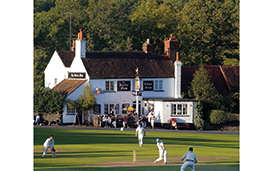
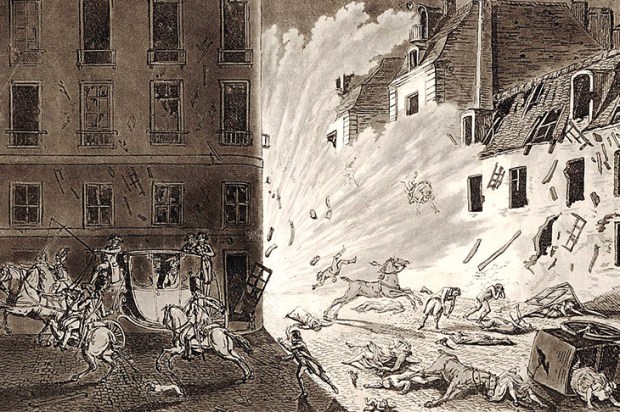
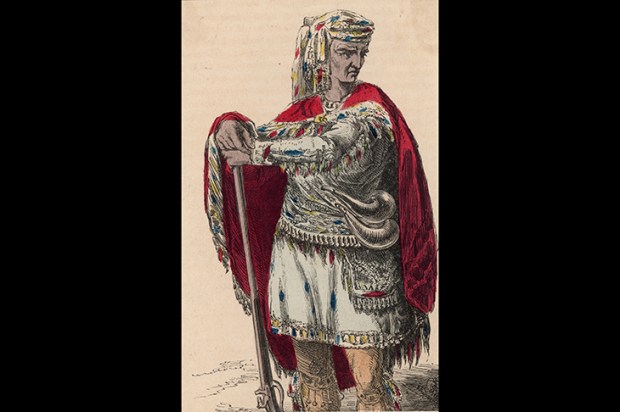
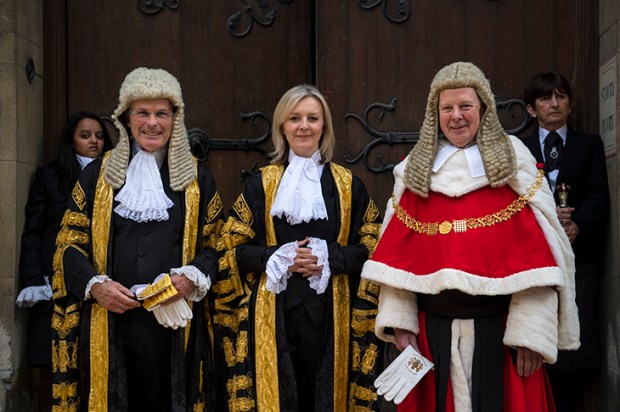
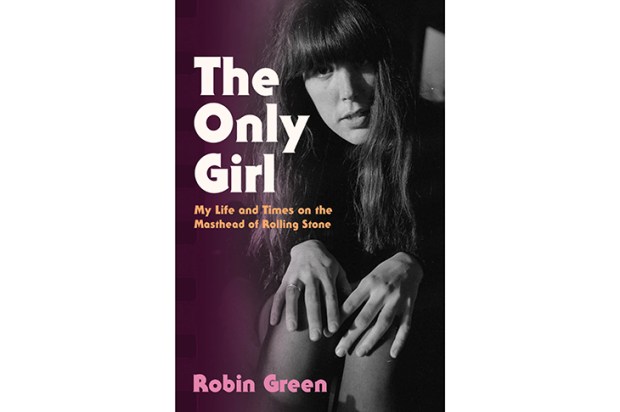








Comments
Don't miss out
Join the conversation with other Spectator Australia readers. Subscribe to leave a comment.
SUBSCRIBEAlready a subscriber? Log in